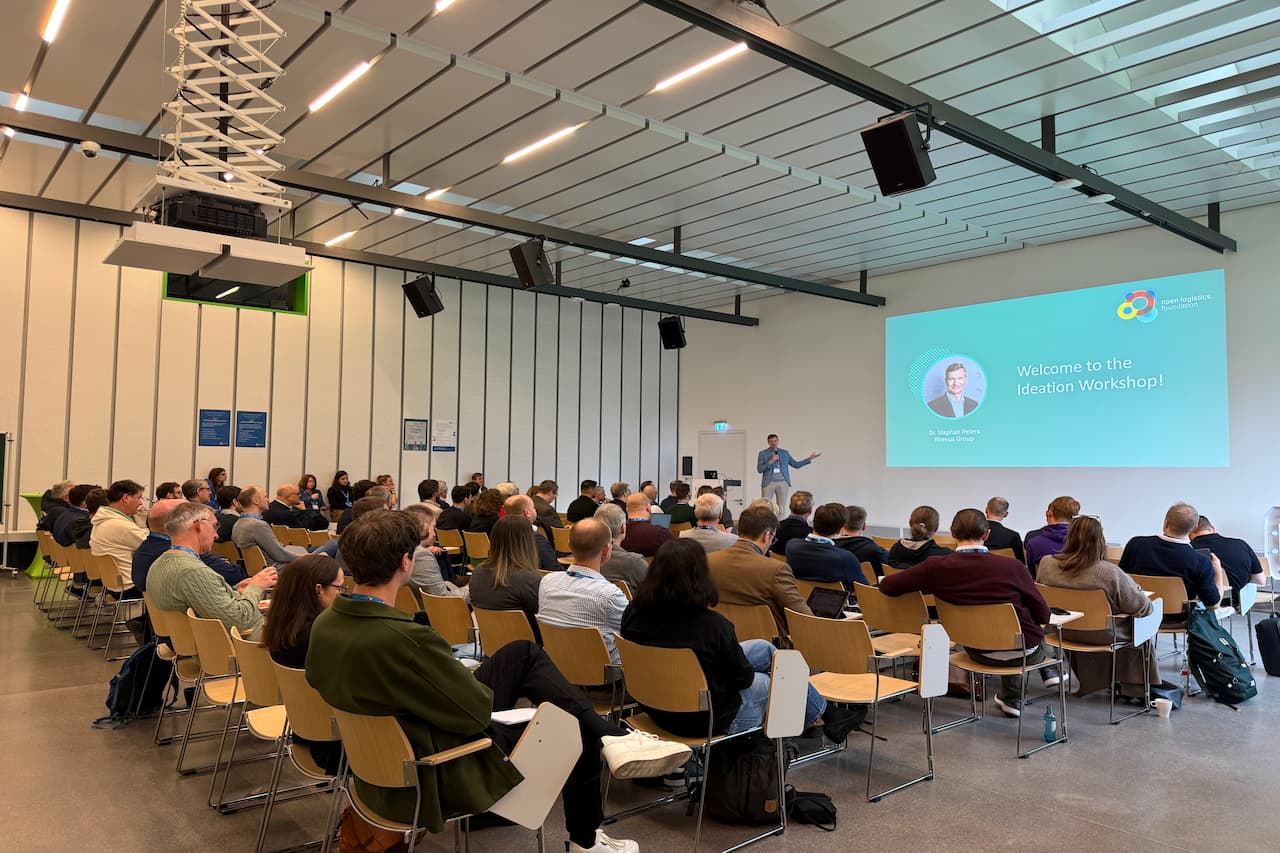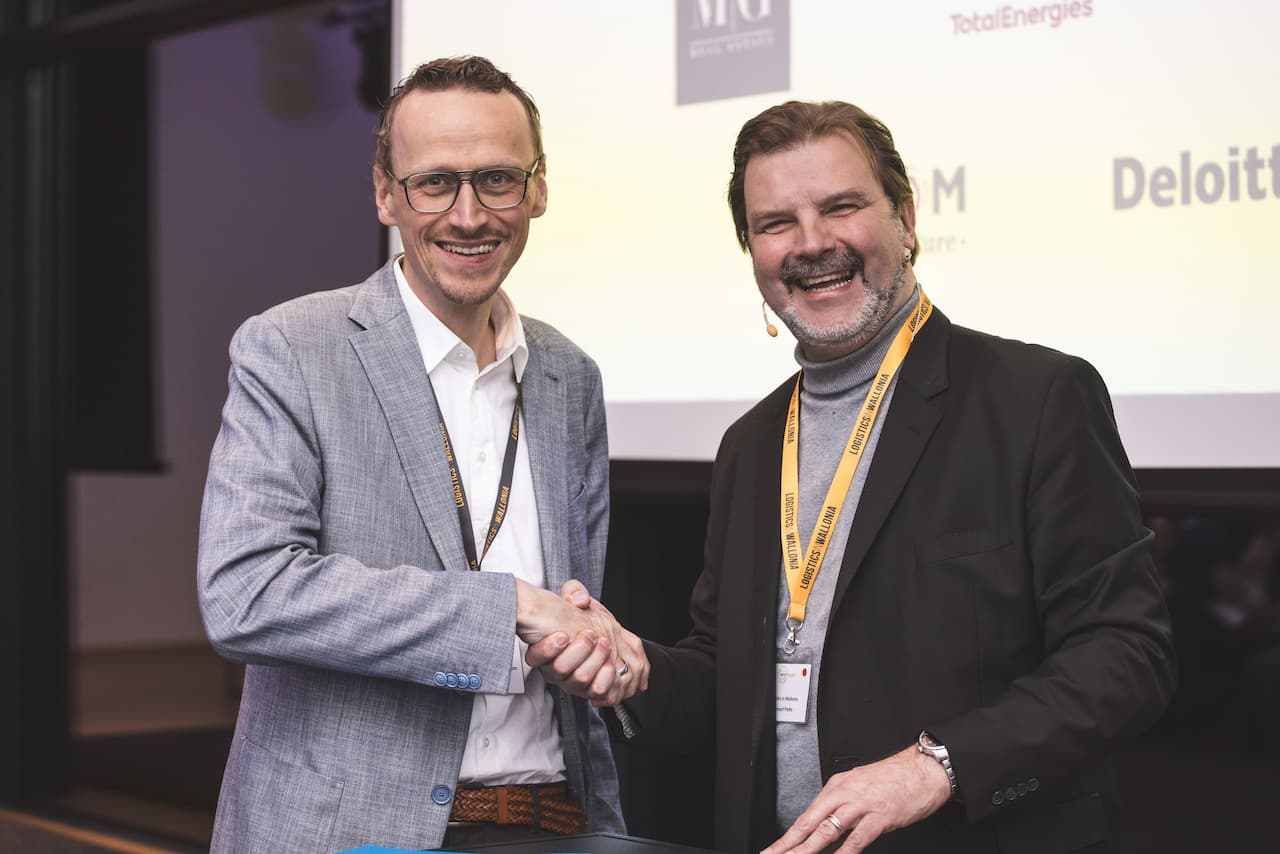From their inception to their graduation, these projects follow a structured lifecycle comprising several stages: Candidate Proposal, Sandbox Project, Active Project, Graduated Project, and Archived (currently not part of our normal lifecycle). This process applies to projects within a Working Group’s scope as well as those without active Working Group affiliation.
Open Logistics Foundation stages of project incubation process

1. Candidate proposal
In this stage, candidates describe the first idea for a new project or existing project. These ideas or candidates are not yet official projects of the Open Logistics Foundation. To move forward to the next stage of a sandbox, some steps must be completed.
The criteria to be fulfilled include that a member of the Open Logistics Foundation proposes the candidate idea. Furthermore, they must fill in a project questionnaire with all required information and submit it to the Head Office. Lastly, once the project is approved by the Logistical Steering Committee and the Technical Steering Committee, the candidate proposal becomes a sandbox project.
2. Sandbox Project
At this stage, the project is not an official project of the Open Logistics Foundation but receives a temporary private repository to begin work. For a Sandbox project to move into the next stage of an active and official project of the Foundation, it must meet technical, documentation, and compliance criteria to become official. Administratively, a maintainer needs to be appointed, and documentation has to be stored in GitLab, including a README detailing the project’s purpose, components, and contacts, alongside a “Contributing.md” file to guide contributors.
Technically, projects must pass the GitLab CI/CD pipeline, and use English as the default language. They may support multiple languages for interfaces, and work with standard protocols. Strong security practices, such as data encryption, authentication via OAuth/SAML, and GDPR compliance, are mandatory, alongside logging, monitoring, and backup capabilities.
Compliance criteria ensure alignment with the Open Logistics Foundation’s principles. Each project must include a license file, use only approved third-party dependencies, and provide proper copyright and licensing headers. Projects must avoid using logos, trademarks, or protected terms incompatible with the Open Logistics Foundation License (OLFL-1.3). Finally, all contributors must accept the Contributor License Agreement (CLA), ensuring contributions align with the Foundation’s standards.
3. Active project
Active projects are projects that are officially part of the Open Logistics Foundation. These are the approved sandbox projects that met all required criteria. Active projects are published in the Open Logistics Repository and are publicly available for download and use by both members and non-members of the Foundation. Each active project also has its information page published on the Foundation’s website, including the project’s goal, current status, milestones, participants, maintainers, contact details, and virtual meeting times.
An active project can evolve into a graduated project. For a project to move to a graduated phase, it must reach a level of high maturity and adoption. If a project becomes inactive, it will be archived.
4. Graduated project
This stage signifies that the project has achieved a high level of maturity, reliability, and widespread adoption by companies. Therefore, its features and functions are completed, and it showcases best practices in open source logistics solutions. Graduated projects should be actively used by multiple logistics companies in real-world operations.
5. Archived project
For a project to be archived, it means that it no longer has active updates or maintenance, thereby making it dormant. Despite becoming inactive, these projects are still available for download in the Open Logistics Repository. However, they will be removed from the Foundation’s website page.
We are proud to have diverse projects in different areas of logistics and supply chain that our members are developing. Most of these projects are in the active project stage, progressing towards graduated projects with their ongoing developments within the Working Groups. Additionally, we have several ideation topics in the pipeline under candidate proposals that look promising for joint development in the following stages. The ideation process is separate from the incubation process. The ideation process occurs earlier to develop potential topics and before forming a Working Group or Project. In contrast, the incubation process occurs later, when the Working Groups have developed open source components and released them to the GitLab.
We encourage more organisations to join us in facilitating these solutions for the logistics industry’s challenges. Together, we can implement de-facto standards that will make logistics more harmonised, compatible, efficient and sustainable.
For more information about the Open Logistics Foundation Licenses and Contributors License Agreement, you can download them on our website: https://openlogisticsfoundation.org/licenses/
For a detailed overview of our projects, please visit our GitLab: https://git.openlogisticsfoundation.org/explore/groups





